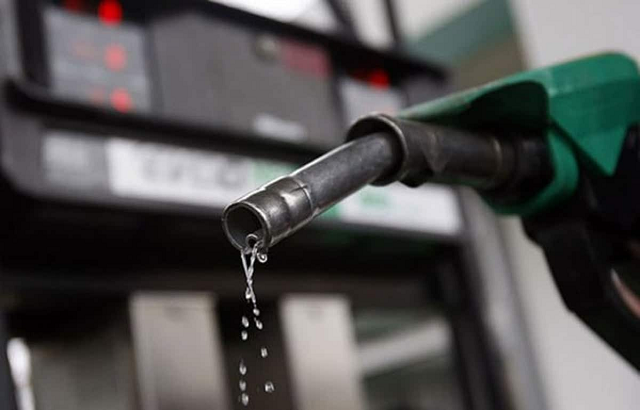The Technical Committee on Premium Motor Spirit (PMS) Pricing Framework, has issued new regulations on the pricing, importation, and distribution of petroleum products in Nigeria, including the parity of forex for marketers.
On December 14, 2020, a technical committee was established by the Minister of Labour and Employment, Chris Ngige, installing Onochie Azubuike Anyaoku as the chairman of the committee.
The committee was tasked with creating a workable framework that will calibrate the price of Petroleum Motor Spirit (PMS).
Following the release of the new guidelines, stakeholders in the oil sector like the Nigeria Union of Petroleum and Natural Gas Workers (NUPENG) said that it was studying the newly-adopted regulations.
In the committee’s framework, there is a provision of a single forex window for importers of petroleum products into Nigeria and for the Nigeria National Petroleum Corporation (NNPC) – the regulator of petroleum in Nigeria.
A monthly pricing guide will be issued by the Petroleum Products Pricing Regulatory Agency (PPPRA), according to the new regulations.
Anyaoku, in the report, stated that the continuous non-adoption of a common exchange rate would become an avenue to exploit Nigerians by market players.
He said that unifying the exchange rate is the most effective way to liberalise the oil sector and that there would be a healthy level of competition among players leading to a fair price.
READ ALSO: Oil Price Rises Above $57 On Production Cuts Compliance
He said that the charges of the Nigeria Ports Authority (NPA) and the Nigerian Maritime Administration (NIMASA) were paid in dollars, causing marketers to seek forex from the parallel market.
Anyaoku stated that the purchasing of forex at the parallel market forces a rise in pump price.
He said, “Non-adoption of common exchange rate will expose Nigerians to exploitation by market participants. Universal exchange rate is the most effective way of liberalising the sector and introducing competitiveness that will ultimately lead to fair price.
“On lightering expense, about 70 per cent of the ship to ship happen in the Lagos area. NPA and NIMASA charges are paid in U.S. dollars.
“Marketers are compelled to source forex from the parallel market to pay the charges, thereby leading to higher pump price. This is responsible for the lightering expense of about N4 per litre.”
Technical Committee’s Suggestion
The committee suggested that the NPA and NIMASA slashed their charges by 50 percent to reduce the cost of the pump price.
It called on key players like the Petroleum and Natural Gas Senior Staff Association of Nigeria (PENGASSAN), NUPENG, Trade Union Congress (TUC), and the Nigeria Labour Congress (NLC) to sit in meetings where the prices of oil are determined with stakeholders.













